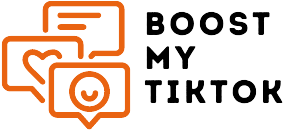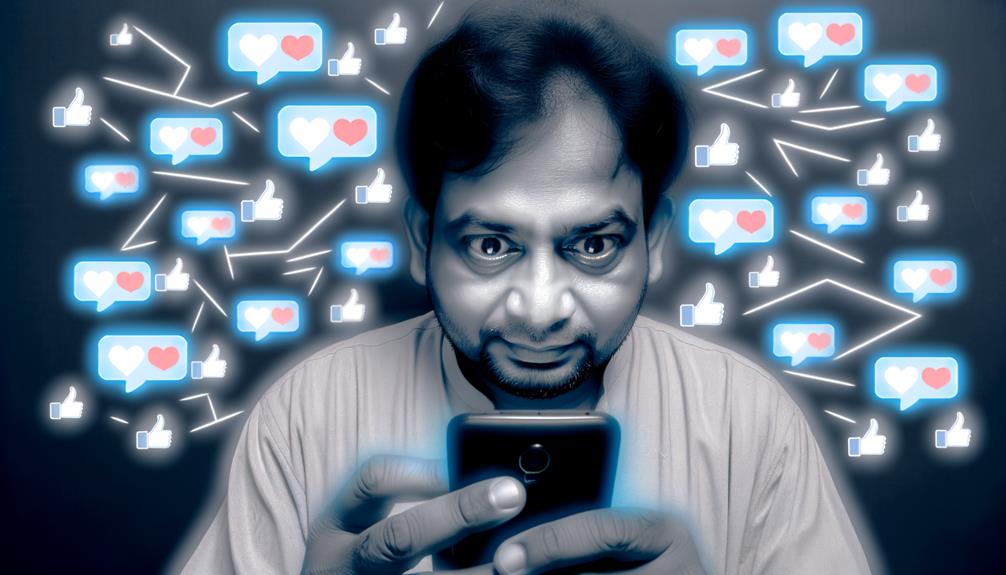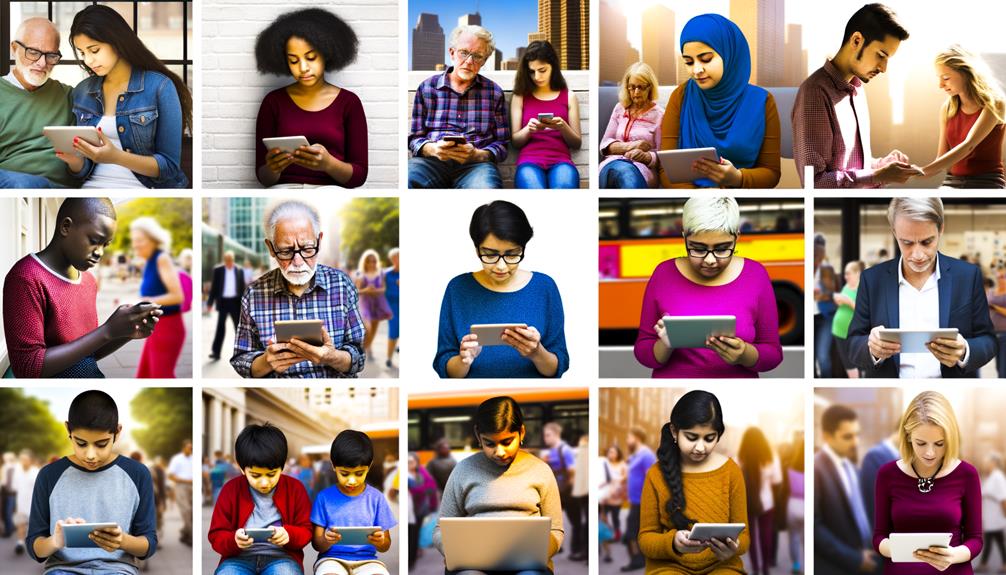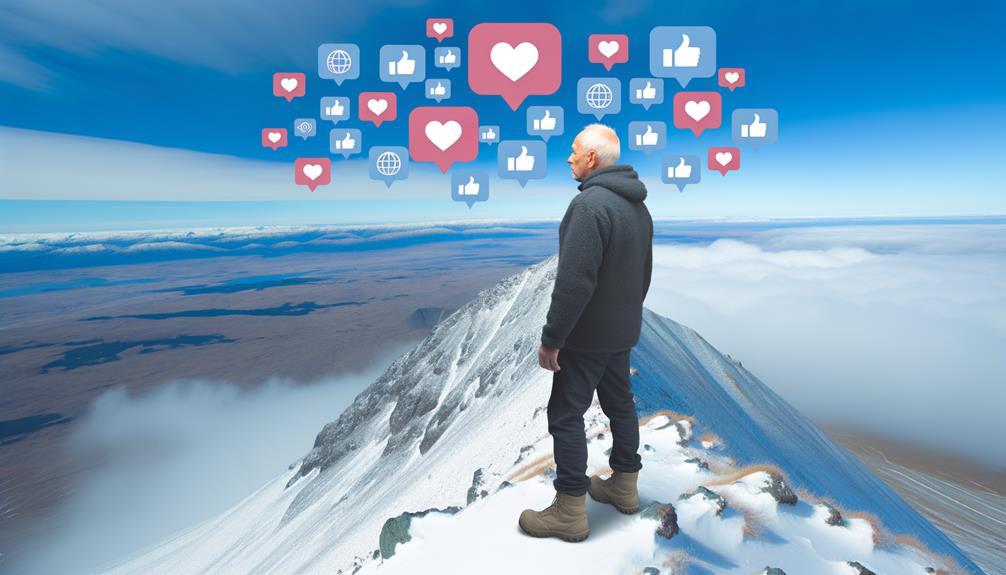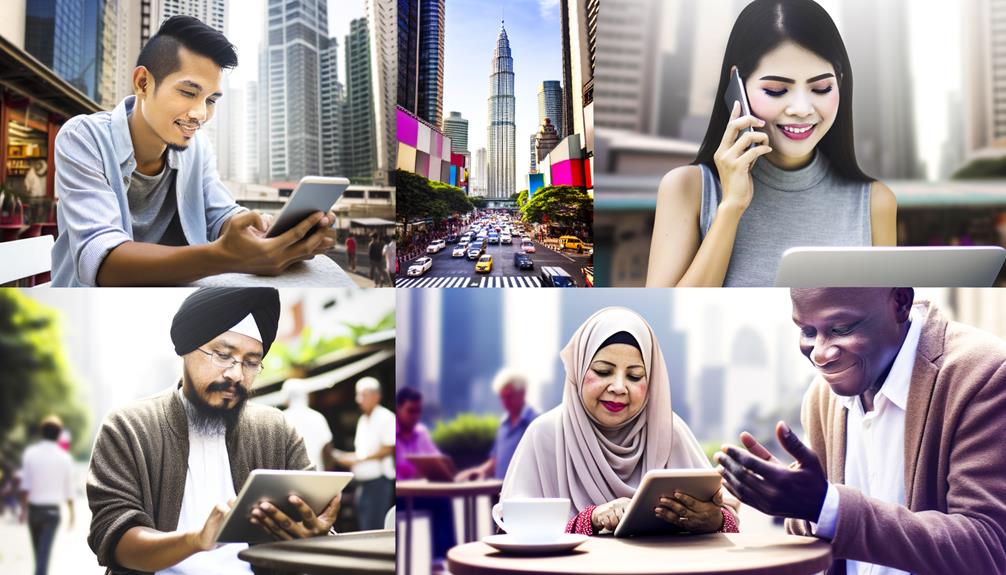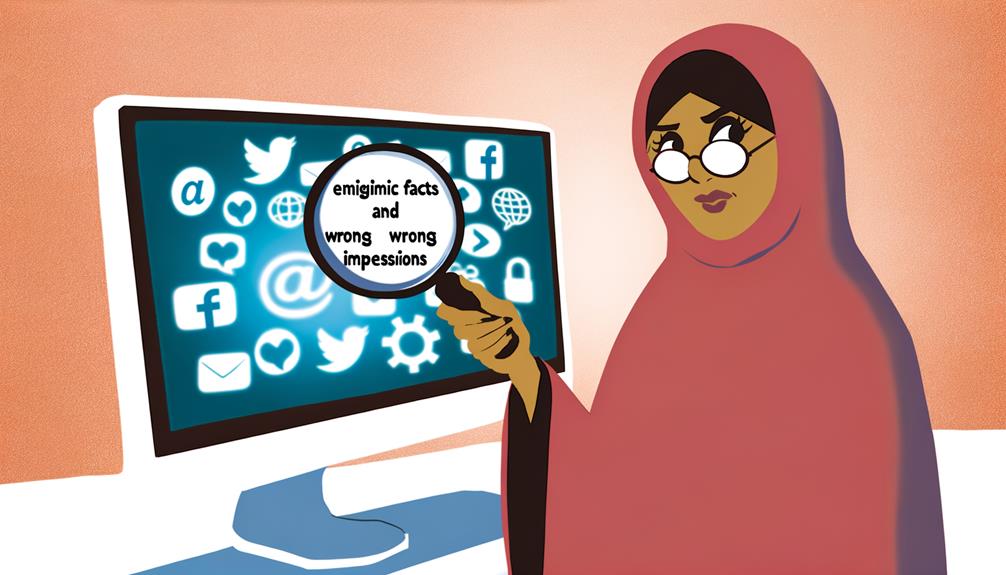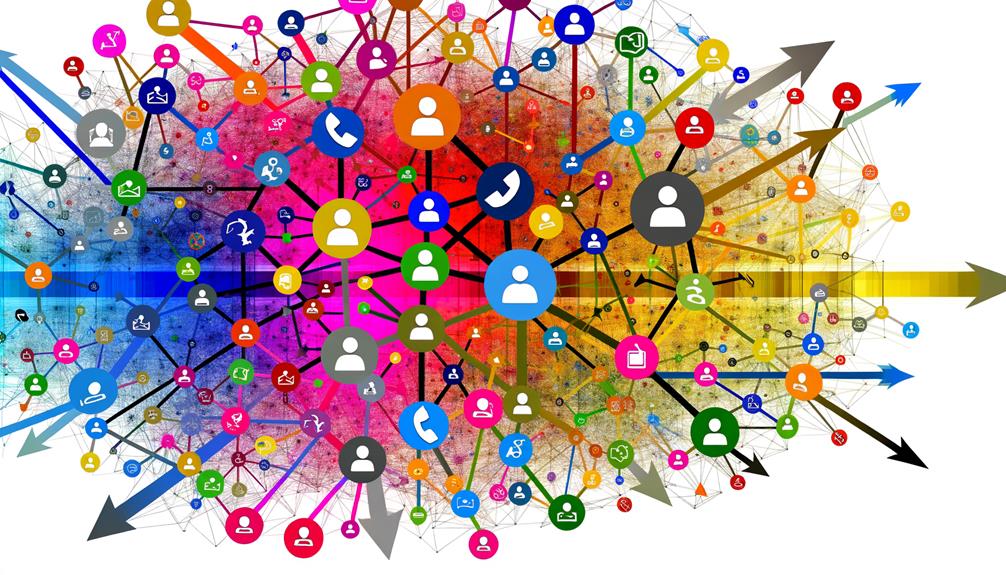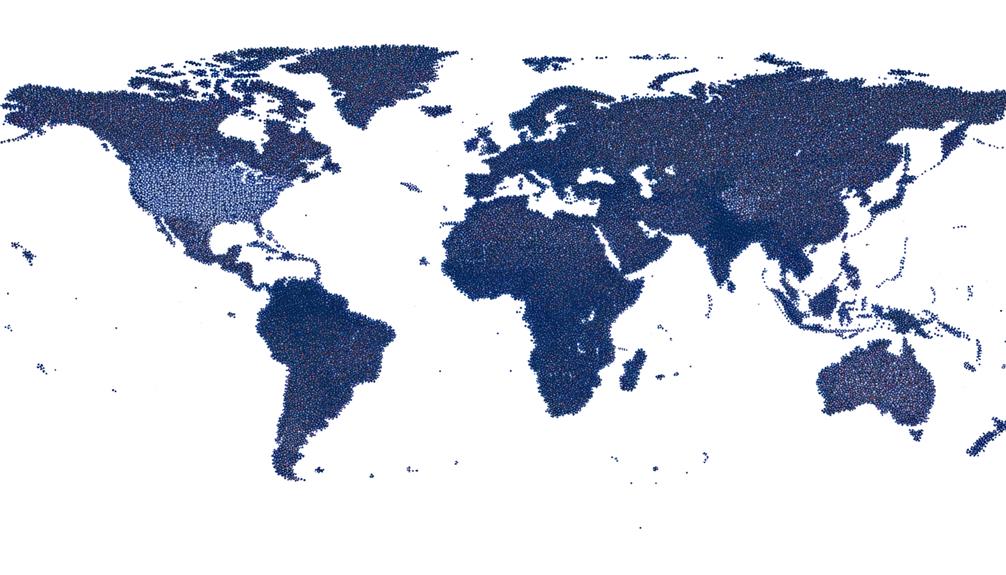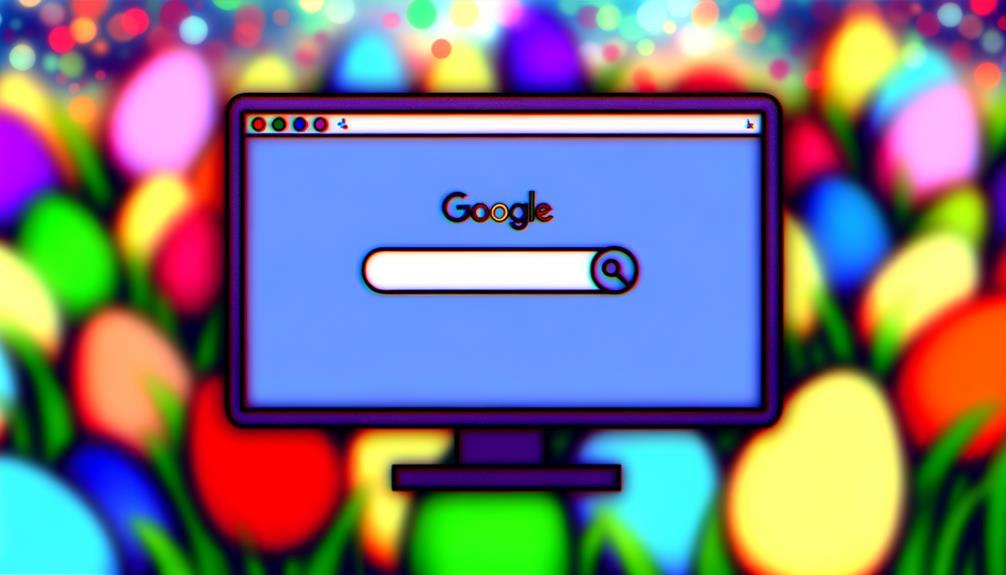Social media’s pervasive presence prompts pondering over its profound impact on society. From reshaping communication dynamics to shaping perceptions of self, the ripple effects are far-reaching.
Dive into the complexities of mental health ramifications, the concerning spread of misinformation, and the subtle yet significant shifts in societal norms.
The lens through which we view social media’s role in modern life unveils a nuanced narrative waiting to be explored further.
Social Media’s impact on communication
In the digital age, social media revolutionizes how you communicate, shaping interactions in unprecedented ways. Platforms like Facebook, Instagram, and Twitter allow you to connect with others instantly, regardless of physical distance. Through messaging, commenting, and sharing, you engage in conversations that transcend borders and time zones.
Social media provides you with a platform to express your thoughts, share experiences, and stay updated on current events. You can easily communicate with friends, family, and even strangers, fostering new relationships and strengthening existing ones. The ability to share photos, videos, and stories enables you to convey emotions and experiences with a global audience.
Moreover, social media facilitates real-time communication, breaking down traditional barriers to interaction. You can participate in discussions, join groups with like-minded individuals, and even collaborate on projects with people from diverse backgrounds. By bridging gaps in communication, social media enhances your ability to engage with others in ways previously unimaginable.
Influence on self-perception and identity
Social media shapes how individuals perceive themselves and construct their identities in the modern digital landscape. Here’s how this influence manifests:
- Comparison: Constant exposure to carefully curated posts can lead to unrealistic comparisons with others, impacting self-esteem.
- Self-Presentation: Crafting online personas can blur the line between real and virtual identities, affecting authenticity.
- Validation: Seeking approval through likes and comments may create dependency on external validation for self-worth.
- Influence: Trends and influencers can dictate what’s considered desirable or acceptable, influencing self-perception.
These factors can contribute to a distorted self-image and a fragmented sense of identity.
It’s essential to be mindful of the impact social media can have on your self-perception. Remember, your worth isn’t defined by online metrics or the portrayal of others. Strive for authenticity, embrace your uniqueness, and seek validation from within rather than from external sources.
Mental health implications
The impact of social media on self-perception and identity extends beyond personal views, directly influencing mental health in today’s digital age. Constant exposure to curated content and comparison with idealized representations on social media platforms can lead to feelings of inadequacy, anxiety, and depression. Scrolling through a constant stream of highlight reels from others’ lives can create unrealistic expectations and a distorted sense of reality, contributing to low self-esteem and poor mental well-being.
Moreover, the pressure to maintain online personas that garner likes and validation can result in a fear of missing out (FOMO) and a constant need for external approval. This reliance on external validation can negatively impact self-worth and exacerbate feelings of loneliness and isolation when offline. The addictive nature of social media, with its endless scrolling and notifications, can also disrupt sleep patterns, leading to fatigue and mood disturbances.
It’s crucial to be mindful of your social media usage and its effects on your mental health. Setting boundaries, taking digital detoxes, and seeking support when needed are essential steps in maintaining a healthy relationship with social media and safeguarding your mental well-being.
Spread of misinformation and fake news
Amidst the vast landscape of social media, the proliferation of misinformation and fake news has become a pervasive challenge impacting individuals and societies worldwide. This spread of inaccurate information can have detrimental effects on how people perceive reality and make decisions. Here’s why this phenomenon is concerning:
- Erosion of Trust: Misinformation erodes trust in traditional media sources and institutions, leading to a more skeptical society.
- Manipulation of Public Opinion: Fake news can manipulate public opinion on important issues like elections, healthcare, and social justice, shaping beliefs and behaviors.
- Social Division: Misinformation can exacerbate social divisions by spreading false narratives that polarize communities and incite conflict.
- Personal Well-being: Exposure to fake news can cause stress, anxiety, and confusion, affecting individuals’ mental health and overall well-being.
It is crucial for individuals to critically evaluate information they encounter on social media to combat the spread of misinformation and fake news.
Societal norms and behavior shifts
As societal norms evolve in response to technological advancements, behavioral shifts are becoming increasingly prevalent. Social media has played a significant role in shaping these changes, influencing how people interact, communicate, and behave in modern society. The constant connectivity and instant gratification provided by platforms like Facebook, Instagram, and Twitter have altered the way individuals seek validation and approval from their peers. Likes, comments, and shares have become indicators of social acceptance, leading to a culture where online presence holds substantial weight in shaping personal identity.
Moreover, the normalization of sharing personal information online has blurred the lines between public and private life. People are now more willing to disclose intimate details about themselves, creating a new standard of transparency that was previously uncommon. This shift in behavior has raised concerns about privacy and security, as individuals navigate the fine line between sharing and oversharing in an increasingly digital world. As societal norms continue to adapt to the influence of social media, it’s essential for individuals to critically evaluate the impact of these platforms on their behavior and relationships.
Conclusion
In conclusion, social media has undeniably reshaped the way we communicate, perceive ourselves, and consume information. As the saying goes, ‘With great power comes great responsibility.’
It’s crucial for individuals to be mindful of the impact of social media on society and strive to use it in a positive and responsible manner. Remember, in this digital age, your online presence can have lasting effects on both yourself and the world around you.
